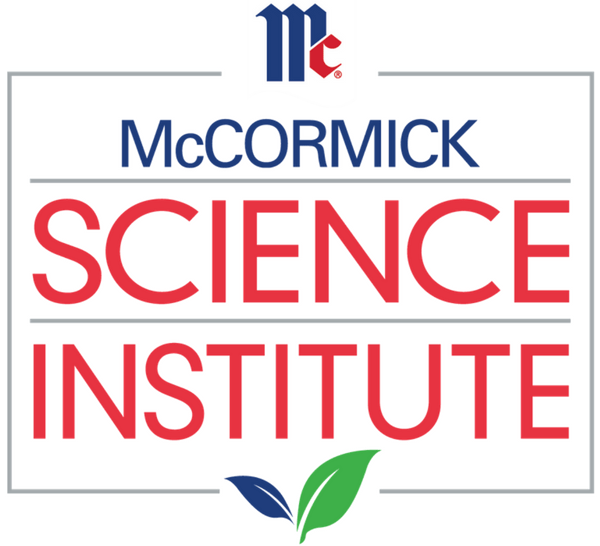October, 2025
Potential Benefit of Spices for Improving Mental HealthPotential Health Benefits of Oregano
Singletary, K

August 2010-- An overview of the potential health benefits of oregano, funded by the McCormick Science Institute. An evaluation of the research is presented. Read the entire study (PDF)
Oregano is an herb that has been cultivated for centuries in the Mediterranean area, although it now can be found on most continents. Actually, there is not simply one ‘‘oregano,’’ but rather several species that may contribute to the oregano used for culinary purposes. Origanum vulgare (also referred to as Spanish thyme and wild marjoram), a member of the plant family Lamiaceae, is generally the spice variety sold as oregano in Europe and the United States.
Medicinal uses for oregano date back to the ancient Greek and Roman empires where applications of the leaves were used to treat such maladies as skin sores and relieve aching muscles and as an antiseptic. Oregano also has been used in traditional medicines for such ailments as asthma, cramping, diarrhea, and indigestion. In Greece, an oregano infusion is still used as a folk remedy against colds and upset stomach and to maintain general health. Based on the current scientific literature, oregano extracts and individual constituents consistently have demonstrated antimicrobial actions in vitro toward food-borne pathogens, although the capacity to counter human infections is not well studied.
Oregano contains several potent antioxidants that may contribute to the findings in preliminary studies that oregano exhibits benefits toward the cardiovascular and nervous systems, relieves symptoms of inflammation, and modulates blood sugar and lipids. Well-controlled human studies substantiating these health effects are lacking.






